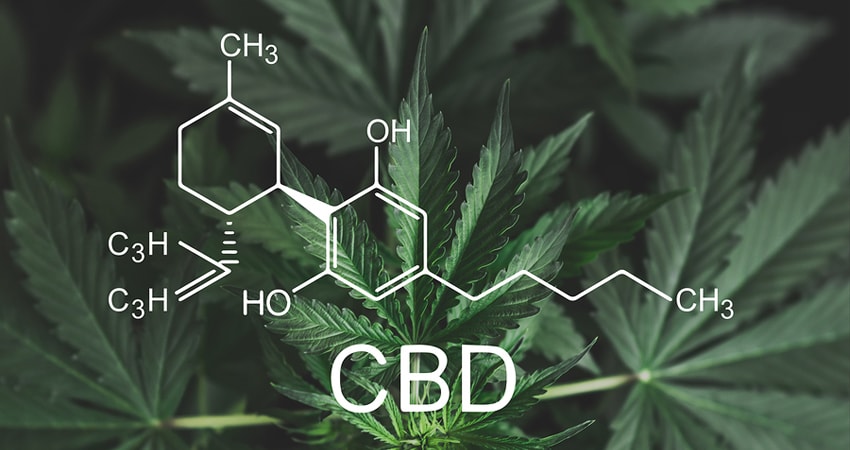
CBD – Take It With a Grain of Salt
In recent years, numerous individuals have hailed CBD (cannabidiol) as a cure-all, providing relief for ailments like anxiety, insomnia, and chronic pain. However, using CBD-based products without any knowledge of what they are composed of can be dangerous.
What Is CBD?
CBD is a non-psychoactive cannabinoid derived from the hemp plant. CBD molecules enter the body and attach to the endocannabinoid system via its receptors. The endocannabinoid system is involved in maintaining homeostasis, notably through controlling pain and inflammation. When consumed, CBD plays upon the endocannabinoid system, resulting in its famed pain-relieving properties.
Are the Claims True?
CBD is not a well-researched molecule. Scientifically, most of the support that CBD garners is anecdotal in nature. This means that, while CBD may have some efficacy for those who draw on its healing power, there is not a large body of reliable research supporting these claims. While we cannot outright deny that CBD has helped many people cope with chronic pain and illness, this does not mean it is safe for everyone to consume. It is crucial that we address all potential side effects and contexts in which CBD is not safe.
CBD Considerations
One aspect of CBD that warrants consideration is the mystery surrounding what is realistically inside of CBD-based products. With the ever-growing CBD industry in motion, numerous brands are releasing different products that contain the miracle molecule. However, many brands do not specify what additional ingredients they create their products with or the quality of CBD that they use. Some products do not even contain 100% active CBD. It is crucial that we steer clear from brands with little information regarding their extraction methods and/or don’t include lab analyses. Even with high-quality CBD, there are additional contextual considerations that we must be aware of.
- Pregnant and/or nursing mothers should not consume CBD, as anything that crosses a mother’s blood-brain barrier also crosses into the baby’s system.
- CBD can have dangerous interactions with other medications. CBD inhibits certain genes (ex. CYP2C8) that are also impacted by certain medications, like Warfarin. Without considering substance interaction, we set ourselves up for potential backlash.
- CBD notoriously exerts a sedative-like effect. Combining it with other central nervous system (CNS) depressants could compound this sedative effect.
- CBD, when taken in high doses, results in elevated liver function test results. Though CBD may be beneficial, it is still processed in the liver.
When choosing different modes of medication and healing, we must be discriminatory consumers. Everything we put into our body has some impact on our functioning. With substances like CBD, where not much research is available to provide solid proof of its validity and/or danger, it is best to be a conscious consumer.
